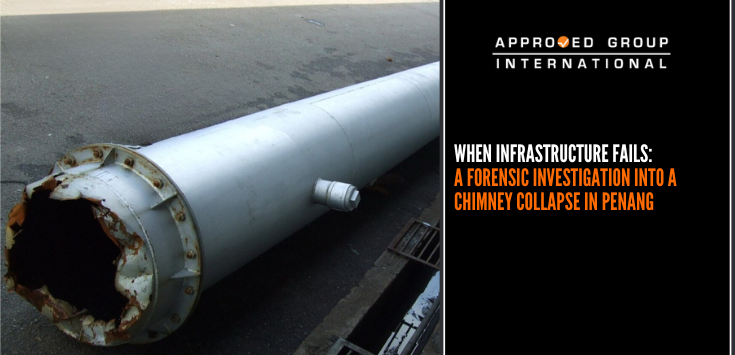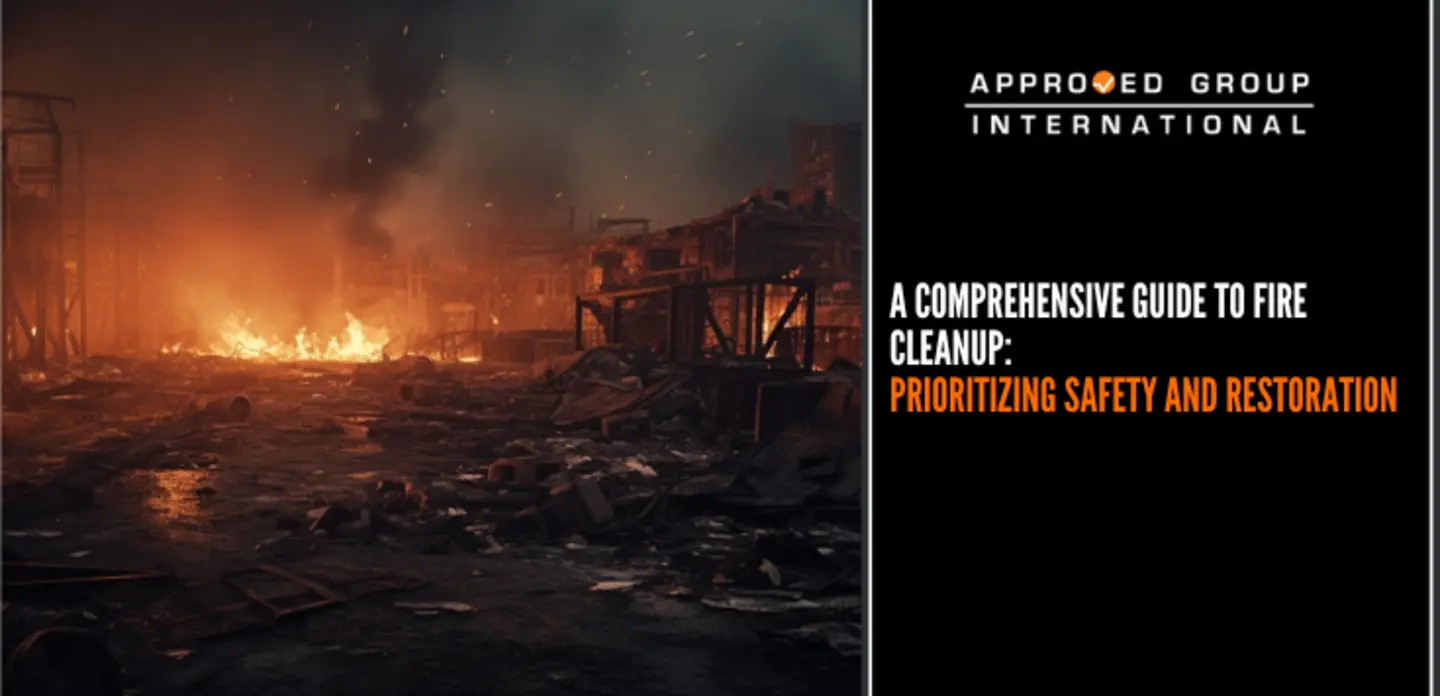Collision Damage Classification (CDC, per SAE MAR80 J224) is an excellent tool to provide a clear and concise description to the principal direction of force (PDoF) onto a motor vehicle during a vehicular accident investigation and reconstruction.
The standard was developed by the federal United States government to simplify the description of damage, where the direction of PDoF at point of impact (POI), vehicle deformation location, general type of collision, and damage scale are entailed and coded by numbers and letters.
Objective: To investigate the consistency of an alleged incident involving an Audi and a Volkswagen.
Two (2) of the impacts onto the Audi was explained via the integration of the CDC coding into the outlines of the motor vehicle as shown in Figure 1 and Figure 2 below. Detailed description of the damage profile along with the photographs of the Audi was tabulated in Table 1.


Table 1: Selected Impact Points with its CDC and Damage Description
Impact Points
Offside Frontal Impact, 11FREW2


CDC Damage Description
Damage areas: around front bumper, front offside chassis member, offside fender.
- Front bumper: longitudinal abrasion mark on the lower section
- Grille: cracked at the offside section, not in the middle section
- Front offside chassis member: pushed inwards
- Offside fender: deformed towards the front offside wheel
- Core radiator support: bent upwards
This indicates that a 30° angular impact towards the offside frontal section of the Audi.
Impact Points
Nearside Impact, 11LYHO3


CDC Damage Description
Damage areas: roof panel, windscreen, nearside A-pillar, engine hood, nearside fender, nearside passenger door
- Windscreen: broken and had collapsed towards the dashboard
- Roof panel: crumpled upwards, the sun roof was damaged and had collapsed
- A-pillar: severe abrasion and scratches, deformed toward the passenger compartment
- Nearside fender and passenger doors: transverse abrasion marks
- Nearside side mirror and rear nearside door handle: broken and missing
- Front and rear nearside windows: broken and had collapsed
- Middle nearside window: cracked and had partially collapsed near to the B-pillar region
This implies that a rollover had occurred. There was an angular impact towards the offside frontal section of the Audi and a rollover had occurred impacting the nearside. The application of CDC aid in explaining the PDoF of the Audi. Based on the damage profile, witnesses accounts, simulation and Electronic Control Unit (ECU) diagnosis, the AFSB Team found that the damage of the Audi is inconsistent with the described circumstances. In a nutshell, application of CDC complements the lack of a systematic classification in traditional damage analysis within an accident reconstruction investigation.
Written by, Chew Wan Chyn






















